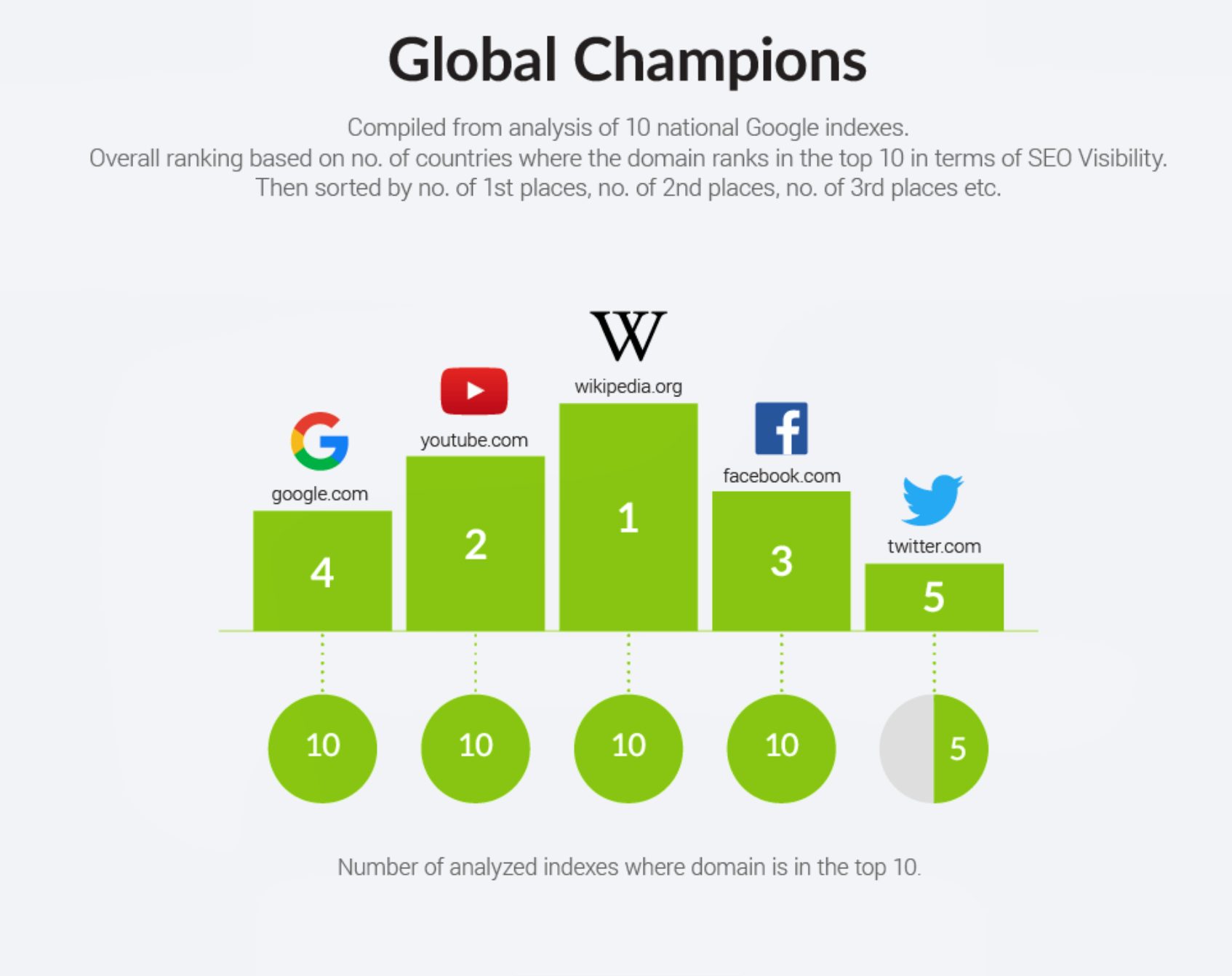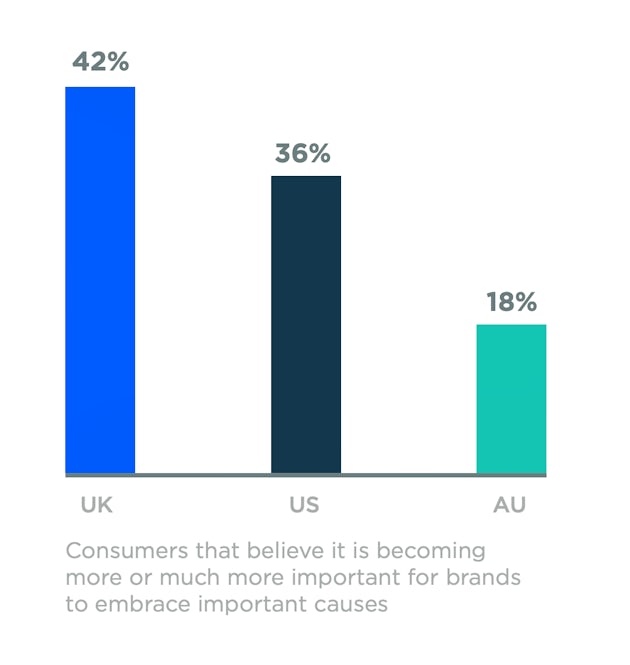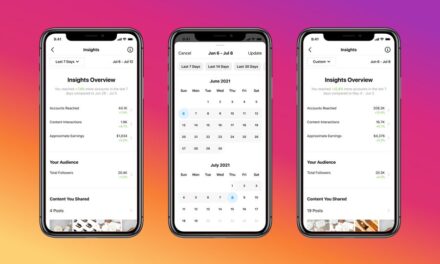From Nikki Gilliland
Let’s get cracking with this week’s stats roundup, which includes news about meaningful brands, social responsibility, and organic search.
Be sure to check out the Internet Statistics Database for lots more.
Consumers would not care if 77% of brands disappeared
The majority of big brands are irrelevant in consumers’ minds, says new research from Havas Media. The agency’s ‘Meaningful Brands’ study – which is based on 1,800 brands and 350,000 global respondents – has revealed that consumers would not care if 77% of brands disappeared.
The study found that 90% of consumers expect brands to provide content, and yet 58% of content from leading brands is not meaningful to them. Interestingly, however, 76% of consumers do expect brands to contribute to their quality of life and wellbeing.
According to Havas, meaningful brands – i.e. those seen to make the world a better place – reap the rewards. These brands reportedly generate higher purchase intent, repurchase rates, and levels of brand advocacy.
Wikipedia is the most visible website in global Google search results
Searchmetrics‘ annual SEO World Rankings study – which is based on the analysis of search results from ten national Google indexes around the globe – has revealed the top performers in organic search.
Overall, it found Wikipedia to be the most visible website in Google search globally, based on its performance in ten countries including the US, UK, Germany, and France. It is the third year running that Wikipedia has retained the top spot in Searchmetrics’ study. In second place is YouTube, which is the most improved domain in all ten analysed markets.
18% of the websites with the most improved search performance within the ten regions are ecommerce sites. Of these, Amazon was named as the top ecommerce site in search globally.

UK consumers more concerned about social responsibility than global peers
A new report by InMoment suggests that UK consumers and companies are outshining their global peers in making social responsibility a priority when choosing which brands to support.
When asked whether brands’ position on environmental, social, or political causes was becoming more important to their purchasing decisions, 42% of UK respondents agreed that it was becoming more, or much more, important. On the other hand, 36% of US consumers and just 18% of Australian consumers said the same.
Interestingly, UK brands feel even more urgency than consumers, with 59% reporting that this is becoming more or much more important.

Generation Z feel wrongly stereotyped by the media
A new study by UM Research has revealed that younger generations feel under intense psychological pressure in the digital age, spurred on by negative stereotyping in the media and advertising.
In a survey of 2,000 Brits, 71% of 18 to 24 year olds said that they feel young people are misunderstood. This group also said that they are commonly represented in the media as ‘self-obsessed’, ‘lazy’, and ‘irresponsible’, but the stereotypes they find most offensive are ‘unintelligent’ and ‘unambitious’.
At the same time, this age group are also self-aware and conscious of their flaws, rating themselves as being significantly less ‘dependable’ and ‘reliable’ than the national average. The study also found that 65% of 18 to 24 year olds worry about their mental health, compared to 46% of those aged 25 and over.
64% of consumers say they would leave an ‘unsecure’ website instantly
New research published by Real Business suggests that the majority of consumers would be put off for good if a website appeared unsecure. This is based on the fact that, in 2018, Google Chrome warned users that if a website’s domain is delivered on HTTP and not HTTPS, it isn’t deemed secure enough.
In a survey of 1,324 consumers, 47% of respondents knew roughly what the warning meant. 46% said they wouldn’t enter their name, password or bank details into a website that was “not secure”, with 64% of those saying they would leave the website instantly. 14% also feared that their device had been exposed to a virus, while 12% thought it was a fake version of a real website.
Interestingly, the research also found that some legacy brands can get away unsecure websites due to intrinsic trust from consumers. When using John Lewis as an example, 21% of participants said they were disappointed with the brand for being unsecure, however, a surprising 23% chose not to believe it, and became suspicious of the research.

Lack of product imagery prevents almost a quarter of B2B customers from buying online
A report by PushOn has revealed that B2B brands are falling behind B2C when it comes to product imagery and customer service. In a survey of 500 key business decision-makers, 22% of respondents said they often need to travel to purchase goods in-store. This is despite the fact that 78% prefer buying online.
In terms of the reasons why, 81% stated that it is because they are unable to clearly see what products look like online. Meanwhile, 55% said it is because they prefer in-store customer service and the ability to speak to a member of staff for advice.
55% of respondents also expressed a strong desire for B2B ecommerce retailers to invest in the same technologies as B2C companies. 29% expressed a desire for AR to help visualise products, and 26% said they would like tools such as chatbots.















